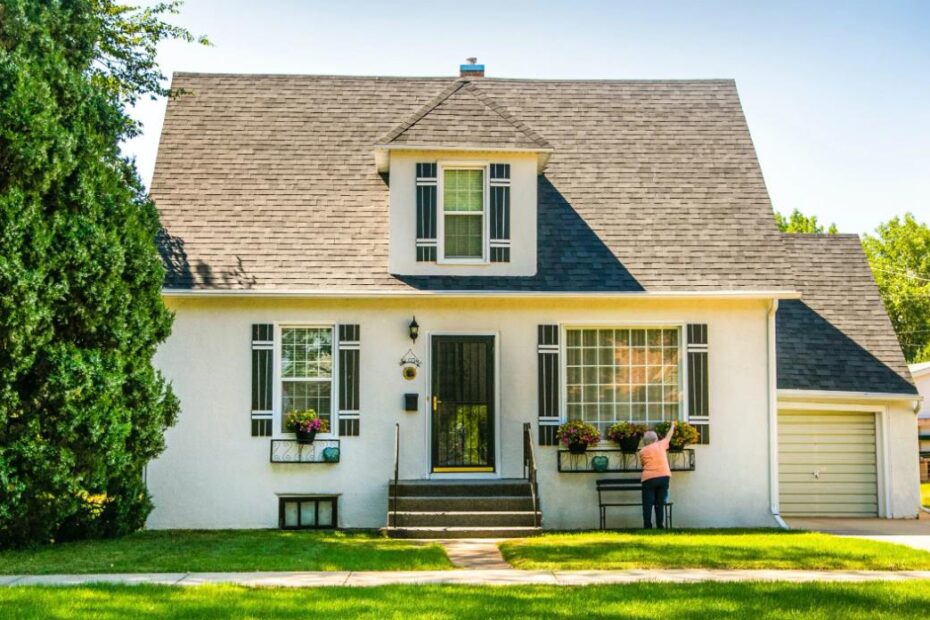Are you looking for Can You Rent A House With A Reverse Mortgage? This question often pops up among homeowners who are considering a reverse mortgage. The answer is nuanced, but generally, renting out your entire house would violate the primary residency requirement of a reverse mortgage. However, there are exceptions, such as renting out a room while you continue to live in the house.
Key Takeaways
- Renting out your entire house is generally not allowed under a reverse mortgage.
- You can rent out a room in your house as long as you are the primary resident.
- Multifamily properties (up to 4 units) can have rented units if you occupy one.
- Lenders may have different policies on short-term rentals like Airbnb.
- Always consult your lender for specific rental rules.
Can You Rent A House With A Reverse Mortgage?
No, you can’t rent out your entire house if you have a reverse mortgage. The primary residency requirement stipulates that you must live in the home to maintain the reverse mortgage. However, you can rent out a room or space within the house as long as you remain the primary resident.
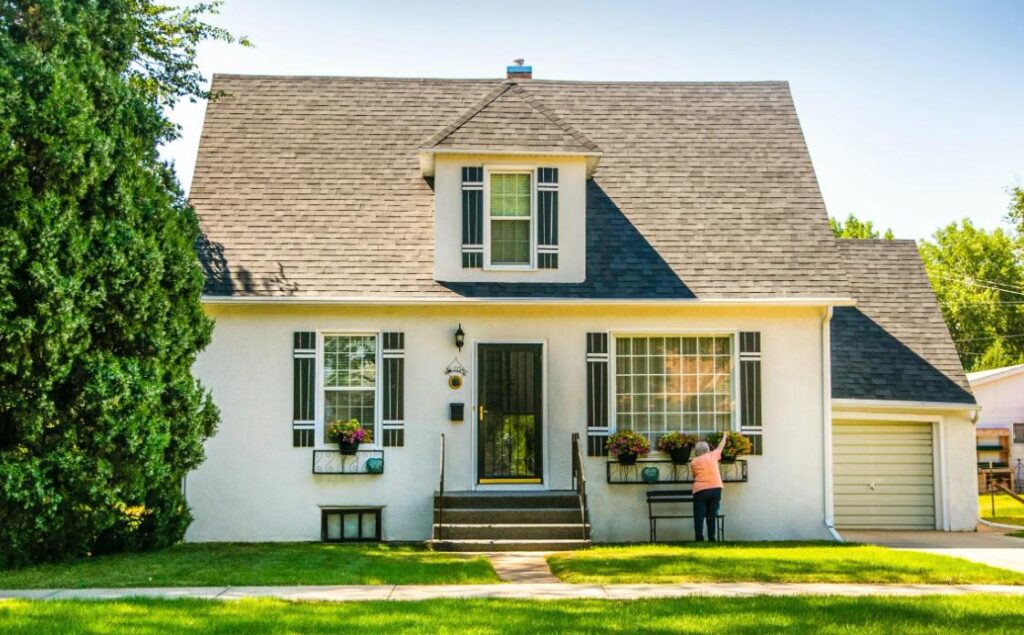
Why the Primary Residency Requirement?
The primary residency rule exists to preserve the original mission of reverse mortgages: helping seniors stay in their homes while accessing tax-free cash. This cash can be used for various purposes like paying bills, home improvements, or medical expenses. Renting out the entire property would contradict this mission.
What Defines “Primary Residence”?
To be eligible for a reverse mortgage, you must spend more than six months a year in the home. This period defines your “primary residence.” You can use reverse mortgage funds for a second home, but eligibility is based on your primary residence.
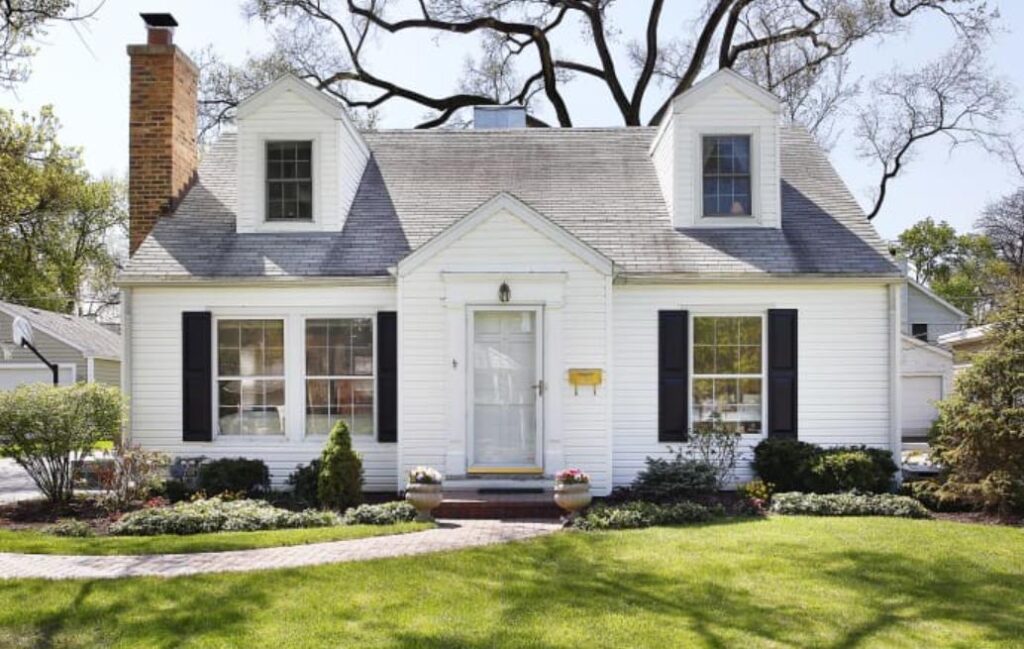
Acceptable Rental Situations
There are some exceptions to the rule. For instance, if you live in a multifamily property (up to 4 units), you can rent out the other units as long as you occupy one. But if you move, lease, or sell your unit, the loan becomes due.
Lender Policies on Short-Term Rentals
Different lenders may have varying policies on short-term rentals like Airbnb. Always consult your lender for clarification and approval before proceeding with such arrangements.
Reverse Mortgages: Not for Absentee Landlords
Reverse mortgages aim to help seniors live comfortably in their homes during retirement. They are not designed to create a class of absentee landlords. However, they do offer a way to generate additional income through room rentals.
Diving Deeper into Renting a House with a Reverse Mortgage

Additional Requirements for Reverse Mortgages
While the primary residence requirement is crucial, there are other conditions to meet for a reverse mortgage. You must be at least 62 years old and have a significant amount of equity in your home.
Additionally, you’re responsible for maintaining the property and covering insurance, taxes, and any association dues. These requirements ensure that you’re financially capable of managing the property and the loan.
HUD-Approved Counseling
Before you can secure a home mover mortgage, you must undergo counseling from a HUD-approved counselor. This step is mandatory and aims to educate you about the intricacies of reverse mortgages. It’s a safeguard to ensure you fully understand the financial commitment you’re about to make.
Tax Benefits and Primary Residence
Owning a primary residence comes with tax benefits. For instance, you can deduct the mortgage interest you pay. Also, you can exclude any capital gains tax when you sell the property, up to certain limits. These benefits are available because the government wants to encourage homeownership and long-term residence.
What Happens If You Don’t Live in the Home?
If no borrowers on the loan have lived in the property for more than twelve months, it ceases to be a primary residence. This situation could lead to the loan becoming due and payable, putting you in a financial bind. Therefore, it’s crucial to maintain the primary residence status to keep the reverse mortgage intact.
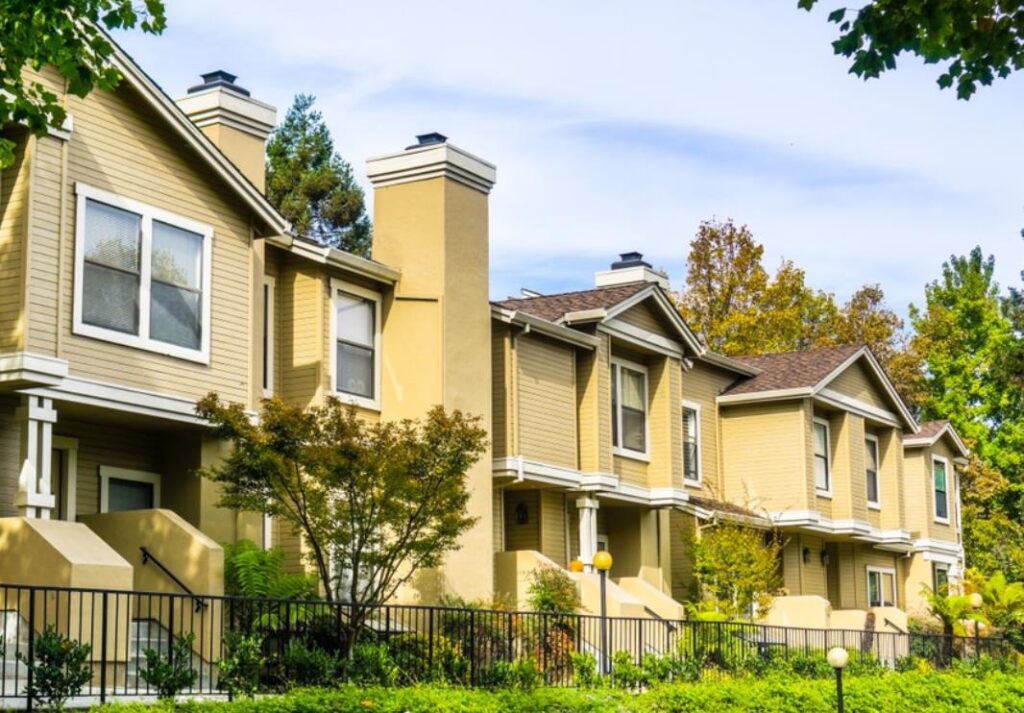
Roommates: A Social and Financial Boost
While you can’t rent out the entire property, you can have roommates and charge them rent. This arrangement not only provides an additional income stream but also helps you stay socially connected. Many retirees find this to be an excellent way to enhance their quality of life.
Multi-Unit Properties and Reverse Mortgages
If you own a multi-unit property with 2-4 units, you can still qualify for a reverse mortgage. The catch is that one of the units must be your primary residence. This setup allows you to generate rental income from the other units while complying with the loan’s primary residence requirement.
Do You Have To Live In A House With A Reverse Mortgage?
Yes, you absolutely must live in the house to maintain a reverse mortgage. The property on which you have the reverse mortgage must be your principal residence, meaning you must live there for the majority of the year.
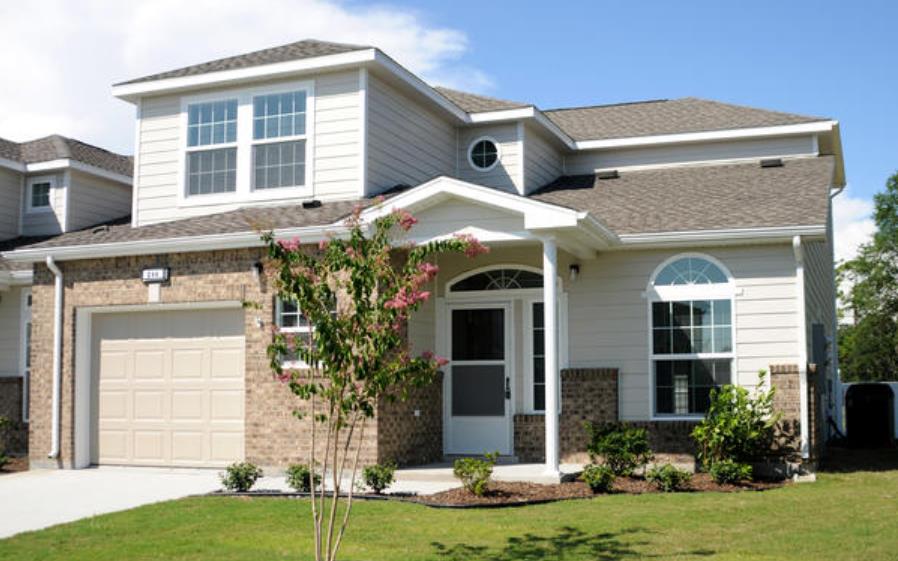
Being away from your property for more than six months for non-medical reasons or more than 12 consecutive months for medical reasons can trigger the loan to become due. This could lead to foreclosure and ultimately, the loss of your home. Therefore, understanding the residency rules is crucial before agreeing to a reverse mortgage.
Can I Rent Out A Room If I Have A Reverse Mortgage?
Yes, you can rent out a room in your house if you have a reverse mortgage, but there are conditions. The key requirement is that the property must remain your primary residence. You can have roommates and even charge them rent, but you must continue to live in the property.
If you are considering this option, it’s essential to consult with your reverse mortgage provider to ensure you’re not violating any terms of your loan.

Who Can Live In A House With A Reverse Mortgage?
To qualify for a reverse mortgage, the homeowner must be at least 62 years old and have significant home equity. The property must be the primary residence of the applicant and any co-borrowers, such as a spouse.
The property can be a house, condominium, townhouse, or manufactured home built on or after June 15, 1976.

Cooperative housing owners are generally not eligible for reverse mortgages. It’s essential to note that you must live in the home as your primary residence for the life of the reverse mortgage. Vacation homes or rental properties are not eligible.
How Many People Have Lost Their Homes Due To A Reverse Mortgage?
The risk of losing a home due to a reverse mortgage is real. According to the Federal Housing Administration (FHA), nearly 90,000 reverse mortgages in the U.S. were at least 12 months behind in paying taxes and insurance last year.
Nearly 1-in-5 reverse mortgage loans taken out in the U.S. from 2009 to June 2016 are expected to go into default because of unpaid taxes or insurance.
The most common reasons for foreclosure include failure to pay property taxes or insurance, and the surviving spouse can also face foreclosure if they were left off the mortgage document.
Conclusion
In summary, renting a house with a reverse mortgage is generally not allowed if you plan to rent out the entire property. However, there are exceptions and nuances that can provide some leeway. Always consult your lender for specific guidelines and approval.
Frequently Asked Questions
How Long Can I Be Away from Home with a Reverse Mortgage?
The length of time you can be away from home without affecting your reverse mortgage varies by lender. However, the Consumer Financial Protection Bureau (CFPB) recommends not being away for more than six months, or 12 consecutive months for medical reasons. Exceeding this time could lead to the termination of your reverse mortgage.
How Many People Can Live in a House with a Reverse Mortgage?
There’s no limit to the number of people who can live in the house. While you must live in the property to maintain the reverse mortgage, family members can also move in and even pay you rent. Just be aware that if you, as the reverse mortgage holder, pass away or move out, the loan becomes due.
What Are the Consequences of Not Living in the Home?
If no borrowers on the loan have lived in the property for more than twelve months, it ceases to be a primary residence. This could lead to the loan becoming due and payable, putting you in a financial bind. Therefore, it’s crucial to maintain the primary residence status to keep the reverse mortgage intact.
What Are Acceptable Rental Situations?
Each lender has different rules when it comes to what counts as an acceptable rental situation. Generally, any rental should be long-term. If you rent out a room in your house as an Airbnb, your lender might claim that you are using the property as a business and terminate your reverse mortgage.
A multifaceted professional, Muhammad Daim seamlessly blends his expertise as an accountant at a local agency with his prowess in digital marketing. With a keen eye for financial details and a modern approach to online strategies, Daim offers invaluable financial advice rooted in years of experience. His unique combination of skills positions him at the intersection of traditional finance and the evolving digital landscape, making him a sought-after expert in both domains. Whether it’s navigating the intricacies of financial statements or crafting impactful digital marketing campaigns, Daim’s holistic approach ensures that his clients receive comprehensive solutions tailored to their needs.
